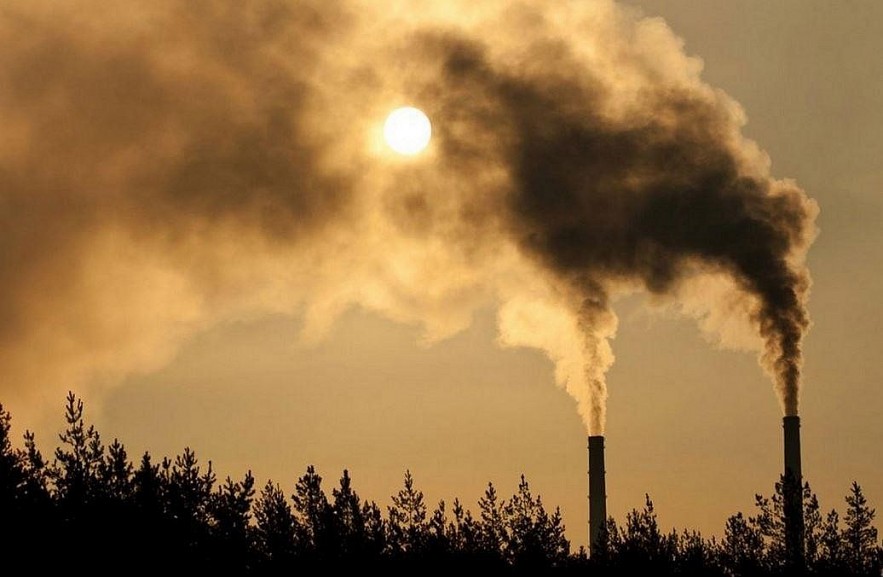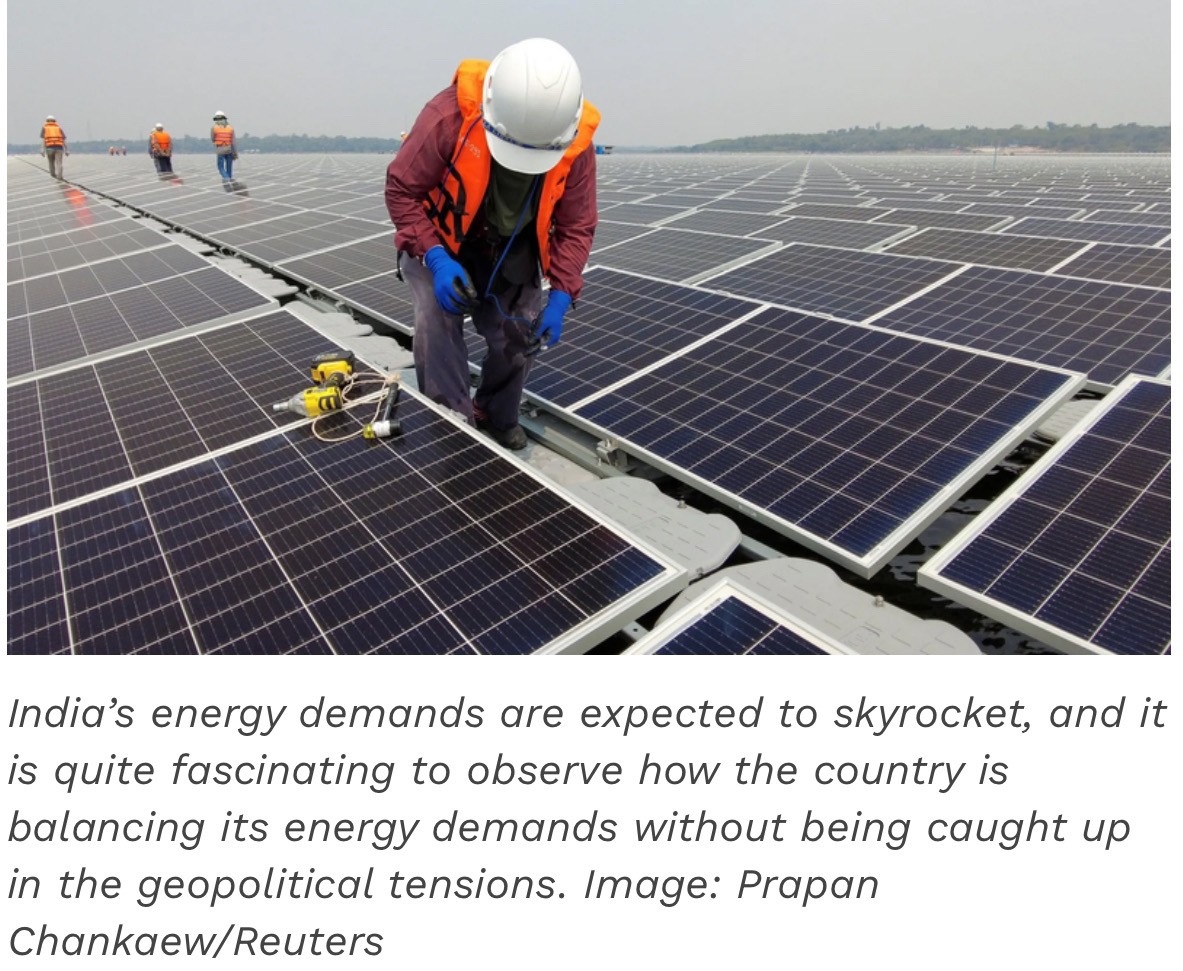Issue of Rising Air Pollution Aggravates Deaths in China
 |
Air pollution leads people to be exposed to fine particles in polluted air that penetrate deep into the lungs and cardiovascular system, causing diseases including stroke, heart disease, lung cancer, chronic obstructive pulmonary diseases and respiratory infections. Industry, transportation, coal power plants and household solid fuel usage are major contributors to air pollution. Though some progress has been made, air pollution remains at an alarming rate in China, and affects economies and people’s quality of life, according to WHO.
The problem rather is getting worse as China has started relying more on coal-fired power plants and polluting heavy industries such as steel, aluminium and cement. About 2 million people die in China due to air pollution at present.
Air pollution is severe in China as the country ranks 13 in the global Air Quality Life Index. China is the world’s largest emitter of atmosphere-warming greenhouse gases. The air pollution levels in China are five times above the World Health Organisation (WHO) guidelines. Against such a backdrop, Chinese President Xi Jinping’s assertion that fossil fuel remains the “mainstay” of the Chinese energy system does not sound encouraging for the fight against air pollution.
The concentration of harmful particulate matter PM2.5 in China is 29 μg/m³, which is much higher than the WHO limit of 5 μg/m³. The city of Hotan in China was found to have a 100 μg/m³ concentration of PM2.5. This has raised questions over Chinese claims of reduction in air pollution. "China started with some very big numbers and they are continuing to decrease over time, said Christi Schroeder, air quality science manager with IQAir, a Swiss air quality technology company.
A decade ago, China was praised for taking steps to reduce air pollution after its capital, Beijing, was crowned as the smog capital of the world. However, the achievement did not last long as many Chinese cities were found to be failing to meet the standards of the WHO as well as the national government. “Unfortunately things have gone backwards,” said Glory Dolphin Hammes, North America chief executive of IQAir.
China has been relying on thermal power to meet domestic energy requirement, which has seen an increase in coal extraction and imports. The growing dependency on fossil fuels is a major concern, said Yanzhong Huang, Senior Fellow for Global Health at Washington DC-based Council on Foreign Relations. “The growing dependence on coal power not only thwarts China’s pollution control efforts but also jeopardizes its goal to peak climate-warming emissions by 2030,” he said
About 80 percent of provincial capitals in China have witnessed an increase in PM2.5 levels while nearly half of them failed to meet the national standards. The increase in human-caused emissions is a major contributor to the rising levels of air pollutants in China in 2023, said the Finland-based Centre for Research on Energy and Clean Air (CREA). “Close to year-end, 13 out of 31 provincial capitals are off track to meet the national standard for PM2.5, and 11 provincial capitals are off track for the national standard for ozone, exacerbating potential health impacts,” it said.
Even a task force formed by China’s national pollution research programme has warned of severe health risks. "The acute health risk of ambient PM2.5 pollution usually means that short-term exposure to PM2.5... may cause acute damage to the body, trigger the onset of symptoms or diseases (mainly cardiovascular or respiratory disease) and lead to premature death and a series of adverse health effects," it said in a report.
Huang said there were no indications that China would take action to reduce air pollution. This means Chinese people would be more vulnerable to respiratory conditions, chronic obstructive pulmonary disease as well as the risk of infections and cardiovascular diseases. China has become a night-time ‘hot spot’ for the production of nitrate radicals that could have a major global impact on atmospheric pollution, said Zongobo Shi, an expert in atmospheric biogeochemistry.
The deaths due to particulate matter, particularly, PM2.5 are increasing in China, found a group of researchers from Chinese, German and Canadian universities. They warned that the mortality due to air pollution would increase if Beijing fails to take preventive action. Even the current levels are dangerous. “The same level of air pollution will have a greater impact on an older and less healthy population with increased levels of diseases impacted by air pollution – many of which increase with age. These include lung cancer, diabetes, lung and chronic heart disease,” said Michael Brauer, a professor at the University of British Columbia.
Most read
Recommended
 Economy
Economy
Roots of Enlightenment: India’s Timeless Buddhist Journey
 Economy
Economy
India's Connect with Global South: A Bridge of Shared Heritage
 Economy
Economy
Jaishankar, UN Special Envoy on Myanmar Julie Bishop Discuss Stability and, Refugee Situation
 Economy
Economy
A diplomatic energy balance in a contested energy space
Popular article
 Economy
Economy
Strengthening Nalanda Buddhism: IHCNBT’s Historic First General Assembly
 Economy
Economy
Rejecting Khalistan Separatism: Former Australian PM Tony Abbott’s Vision for Indo-Pacific Harmony
 Economy
Economy
Vietnam, US Strengthen Trade Ties with US $90.3 Billion in New Agreements
 Economy
Economy








